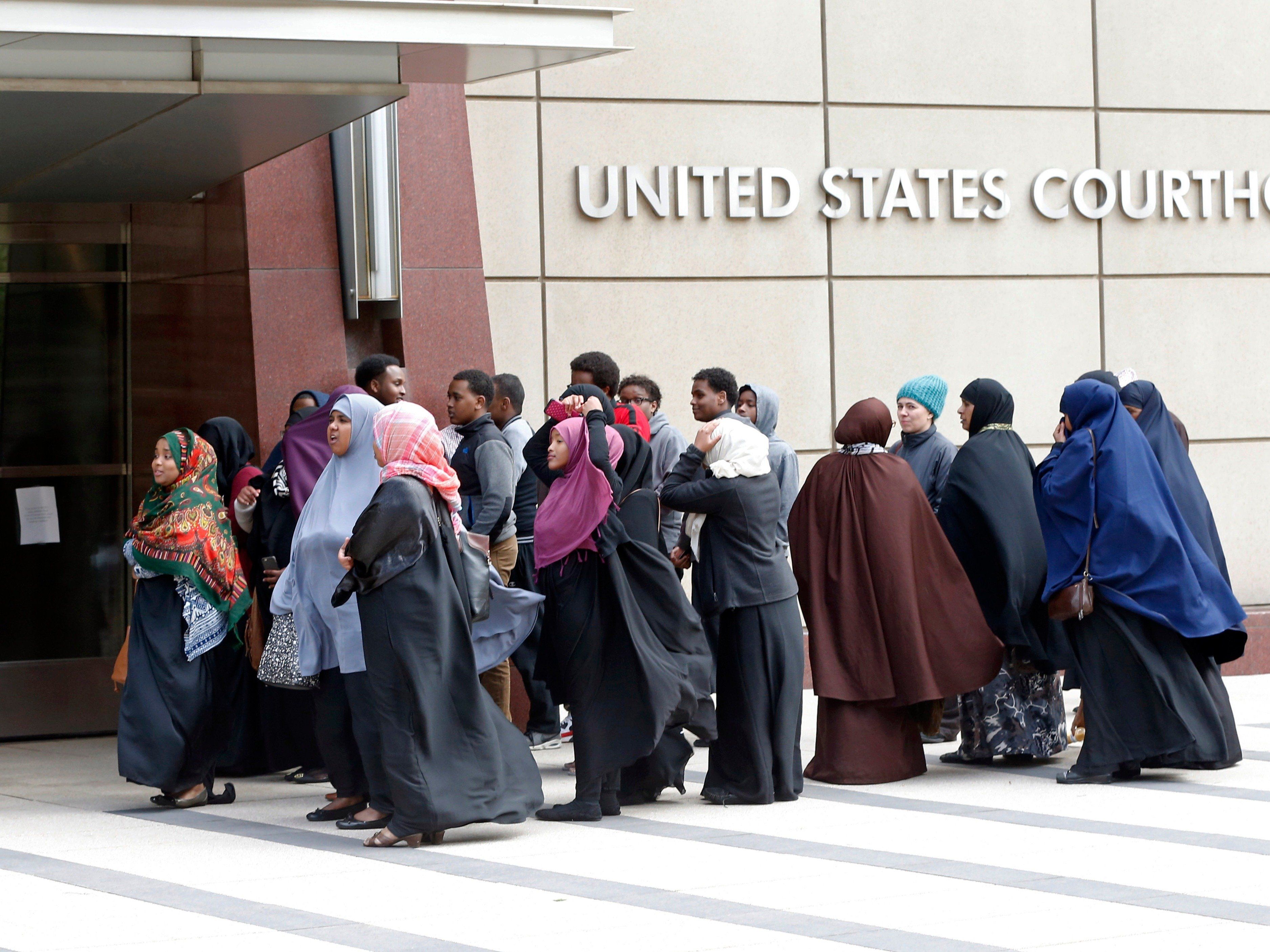
Protests initiated by “You Stink” activists against Lebanon’s garbage crisis and the government’s infamous corruption and dysfunction continue to grow. What insight can this garbage crisis and mounting public frustration provide us about not only the country’s sectarian political system but also broader regional trends?
Political scientists have long debated how best to engineer durable peace and democracy in post-conflict, plural societies. Lebanon is an example of a consociational political system in which the political elites of the various sectarian groups govern based on a predefined but static power-sharing agreement. Recent scholarship on post-conflict power-sharing agreements has highlighted the institutional variations between corporate consociation, which considers sectarian identities unchanging and constitute the main markers of political identity and, alternatively, liberal consociation, which regards political identity as malleable and shaped by institutional design, namely electoral law and federal structure. Consequently, these different power-sharing systems affect the incentive structures driving political identification and mobilization in post-conflict societies in different ways.















